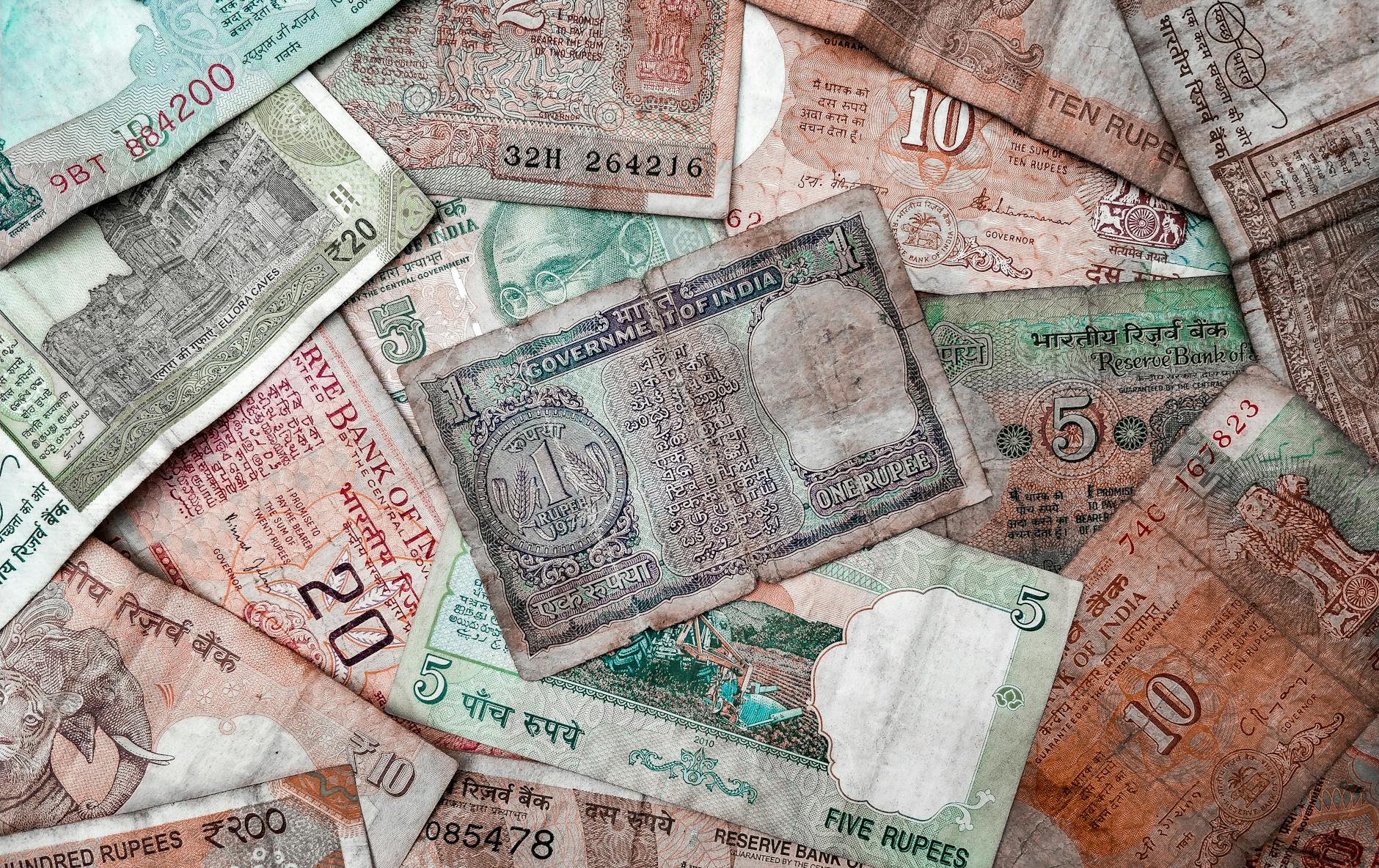Unsure about trademark issues in India? Discover how to protect and rectify your rights with these expert tips today.
Table of Contents
Trademarks are an essential aspect of any business’s identity and reputation. They not only distinguish a company’s products or services from competitors but also serve as a valuable asset that can be protected legally. In India, as well as globally, various trademark services are available to help businesses navigate the complex world of intellectual property rights. From trademark hearings to logo designing, each service plays a crucial role in safeguarding a business’s brand.
Trademark Hearing in India
A trademark hearing in India is a legal proceeding where the Registrar of Trademarks reviews an application for trademark registration. During the hearing, the registrar may request additional information, ask for clarifications, or raise objections to the registration. It is essential for businesses to prepare thoroughly for a trademark hearing to ensure a smooth approval process.
Trademark Rectification in India
Trademark rectification is the process of correcting errors or deficiencies in a trademark registration. In India, businesses can file for rectification if there are mistakes in the trademark registration, such as incorrect details or inaccurate descriptions. Rectifying a trademark ensures that it accurately reflects the business’s brand and provides legal protection.
TM Infringement Notice in India
Receiving a trademark infringement notice in India can be a concerning issue for businesses. It indicates that another party believes the business is infringing on their trademark rights. It is crucial for businesses to respond promptly to infringement notices and seek legal advice to avoid potential legal ramifications.
Trademark Renewal in India
Trademark renewal in India is a critical step in maintaining trademark protection. Trademarks need to be renewed periodically to ensure continued legal protection. Failing to renew a trademark can result in the loss of rights and potential legal disputes. It is essential for businesses to keep track of renewal deadlines and fulfill the necessary requirements.
Trademark Transfer in India
Trademark transfer involves the assignment or transfer of trademark ownership from one party to another. In India, businesses can transfer trademarks through a formal agreement. Proper documentation and registration are necessary to ensure the transfer is legally recognized. It is important for businesses to follow the correct procedures to avoid disputes over trademark ownership.
Expedited TM Registration
Expedited trademark registration allows businesses to fast-track the registration process. In India, expedited registration can be beneficial for businesses looking to secure trademark protection quickly. However, businesses must meet specific criteria and follow the expedited registration guidelines to ensure a successful outcome.
| Problem | Solution |
|---|---|
| Lack of Trademark Registration | File for trademark registration with the Controller General of Patents, Designs, and Trademarks in India |
| Trademark Infringement | Send a cease and desist letter to the infringing party and consider legal action if necessary |
| Domain Name Disputes | File a complaint with the Arbitration and Mediation Center for domain name disputes |
| Trademark Licensing Issues | Ensure proper documentation and compliance with licensing agreements |
USA Trademark Registration
Trademark registration in the USA follows a different process compared to India. Businesses looking to expand their trademark protection to the US market must understand the unique registration requirements and procedures. Securing trademark registration in the USA provides businesses with additional legal protection and market opportunities.
International Trademark
Securing international trademark protection is crucial for businesses operating in multiple countries. International trademarks provide broader protection and help businesses establish a global brand presence. However, managing international trademarks comes with challenges, such as navigating different legal systems and compliance requirements.
Logo Designing
Logo designing plays a significant role in brand recognition and identity. A well-designed logo can enhance a business’s visibility and market appeal. When designing a logo, businesses must ensure it is unique, distinctive, and capable of being trademarked. Registering a logo as a trademark provides additional legal protection and prevents unauthorized use by competitors.
In conclusion, trademark services play a crucial role in protecting a business’s brand and intellectual property rights. By understanding the various trademark services available in India and globally, businesses can navigate the complexities of trademark law and safeguard their brand reputation. Whether it’s rectifying a trademark, responding to infringement notices, or renewing trademarks, businesses must prioritize trademark protection to ensure long-term success.
FAQ
How long does trademark registration take in India?
The trademark registration process in India typically takes about 1-2 years, depending on the complexity of the application and any objections raised during the review process. It’s essential to be patient and thorough in preparing your application to avoid delays.
Can I transfer my trademark ownership in India?
Yes, you can transfer your trademark ownership in India through a formal agreement and proper documentation. Ensure you follow the necessary procedures to legally transfer the trademark and avoid any disputes over ownership.
What should I do if I receive a trademark infringement notice in India?
If you receive a trademark infringement notice in India, it’s crucial to respond promptly and seek legal advice. Address the concerns raised in the notice and take appropriate actions to avoid any legal repercussions.
How often do I need to renew my trademark in India?
Get
Trademarks in India need to be renewed every ten years to maintain legal protection. Keeping track of your renewal deadlines and fulfilling the necessary requirements on time is essential to avoid the risk of losing your trademark rights.

